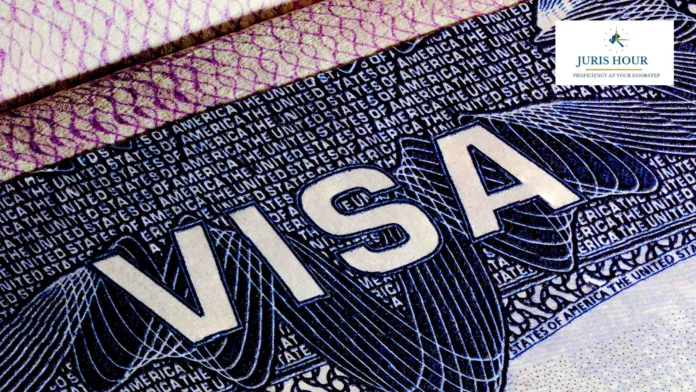In a crucial ruling with significant implications for non-resident Indians (NRIs) and overseas entrepreneurs, the Income Tax Appellate Tribunal (ITAT) has upheld the Income Tax Department’s decision to tax the global income of M. Mahadevan, the Chennai-based founder of the Hot Breads bakery chain, for using a tourist visa during his overseas business travels.
The bench of Ss Viswanethra Ravi, (Judicial Member) and Amitabh Shukla (Accountant Member) found that Mahadevan had stayed abroad using a tourist visa while conducting business activities — a mismatch that led authorities to treat him as a resident, thereby making his global income taxable in India for multiple financial years.
Wrong Visa, Right Penalty
Tax authorities highlighted that the use of an incorrect visa — in this case, a tourist visa — for professional or business purposes could invalidate NRI status. Mahadevan had claimed to be a non-resident for certain years, but the department contested his residency status, pointing out that his stay abroad did not meet the requirements under Indian tax law.
As per Section 6(1) of the Income Tax Act, an individual must stay outside India for at least 182 days in a financial year to qualify as a non-resident. While Mahadevan claimed he met this threshold, the authorities contended that the nature and purpose of his visits — along with visa type — must align with genuine employment or business activities to count toward NRI status.
Residency Rules Tighten
The tribunal accepted the department’s reliance on passport stamps and data from the Foreigners Regional Registration Office (FRRO), which showed Mahadevan had not been in compliance with visa conditions. Despite staying abroad for over 182 days in some assessment years (2013-14, 2014-15, 2019-20), the department successfully argued that the trips were made under a tourist visa and thus lacked the legal foundation required for NRI status.
Commenting on the broader implications of the ruling, Advocate Abhishek A Rastogi, founder of Rastogi Chambers and a noted tax and constitutional law expert, warned against adopting a narrow interpretation of residency rules.
“Such a myopic view may have far-reaching implications. It creates uncertainty for thousands of Indian entrepreneurs and professionals who travel overseas for legitimate business purposes but may hold tourist visas due to logistical or administrative constraints. If such reasoning is taken to its extreme, tomorrow even genuine business expenses incurred during these trips may be disallowed on the grounds that the individual travelled on a tourist visa, thereby distorting the principle of substance over form,” Rastogi said.
Mr Rastogi further emphasized that residency status should primarily be determined by the statutory threshold of physical presence, and not solely on the type of visa, particularly in the absence of any misrepresentation or fraudulent intent.
Case Details
Case Title: Deputy Commissioner of Income Tax, Central Circle-1 Versus M.Mahadevan
Case No.: ITA No.1824/Chny/2024
Date: 30.05.2025
Counsel For Appellant: G.Gireesh, C.A
Counsel For Respondent: C.Vatchala, CIT

